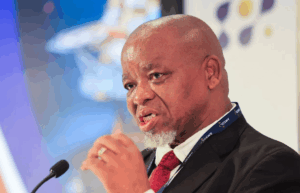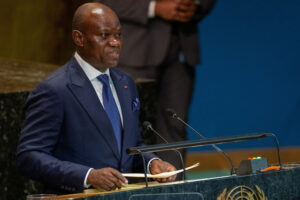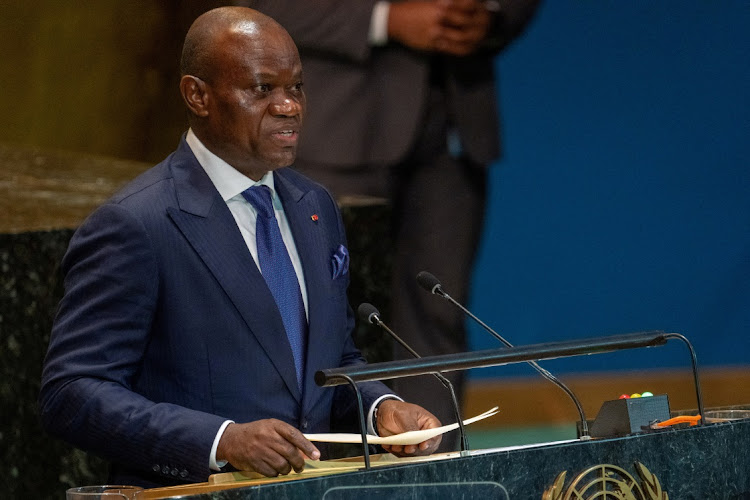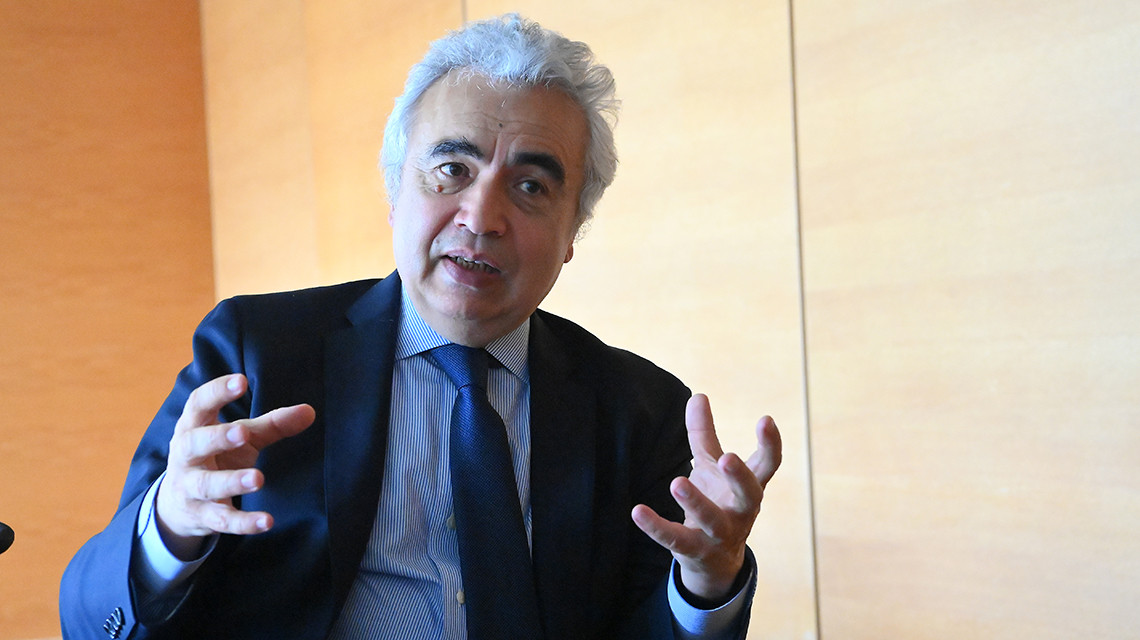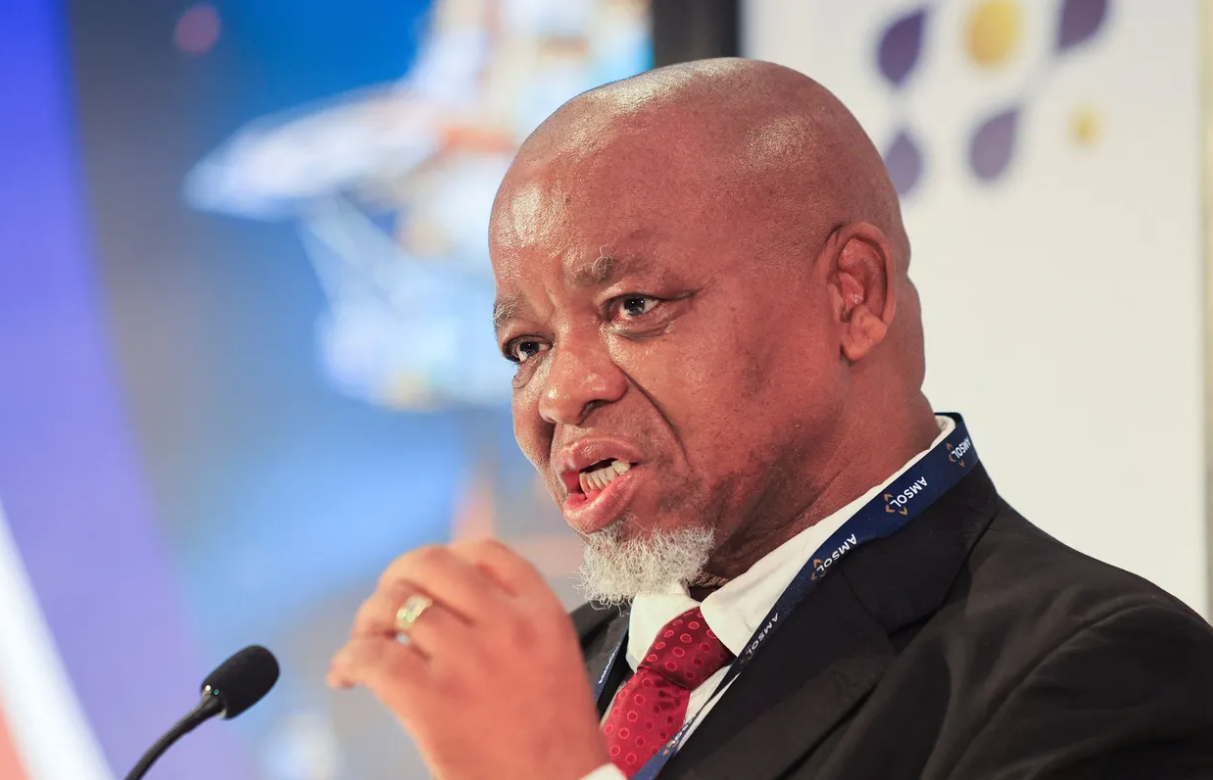In a significant move aimed at boosting its economy and adding value to its natural resources, Gabon has announced a ban on the export of raw manganese ore, effective January 1, 2029. The decision, spearheaded by President Brice Oligui Nguema’s government, is a cornerstone of the nation’s broader strategy to industrialise and reduce its reliance on unprocessed raw materials.
This policy reflects a growing trend across Africa, where resource-rich nations are increasingly seeking to retain more of the economic benefits from their mineral wealth. Gabon, which counts manganese among its top export earners alongside oil and timber, intends for this ban to encourage local processing and refining of the ore. The government anticipates this shift will create more skilled jobs, increase tax revenues, and establish a more robust domestic industrial base, ultimately addressing economic inequality in a country where a significant portion of the population lives in poverty.
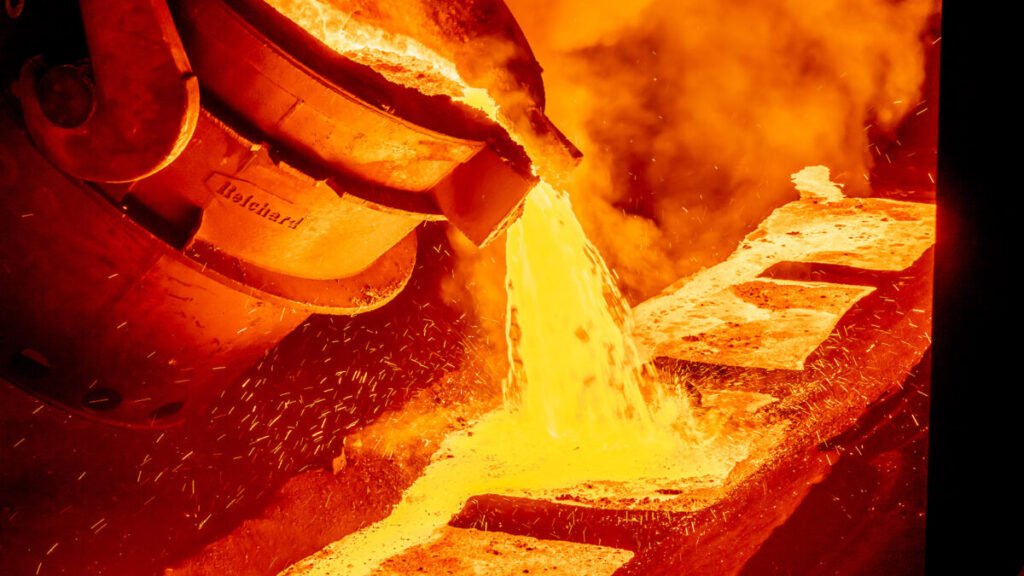
The government has provided a three-year transition period for the mining sector to adapt to the new regulation, which will be supported by a new public-private investment fund. French mining group Eramet, operating the world’s largest manganese mine at Moanda through its subsidiary Comilog, is notably impacted by this directive. While Eramet already undertakes some local processing, a substantial portion of its operations currently relies on raw ore exports.
Following the announcement, Eramet’s shares experienced a notable decline, signaling investor concerns regarding potential disruptions to its operations and profitability, given that manganese ore constitutes a major segment of its earnings. The company has acknowledged Gabon’s decision and stated its commitment to collaborate with Gabonese authorities, pledging to safeguard the more than 10,000 local jobs it supports. Analysts suggest that the development of a comprehensive local processing industry could necessitate significant investment, potentially exceeding the current capacity of operators like Eramet.
Gabon’s policy mirrors similar initiatives seen in other African nations, such as Guinea’s restrictions on bauxite, Zimbabwe’s ban on raw lithium, and Tanzania’s efforts to maximise value from its gold resources. This concerted effort across the continent underscores a shared ambition to transform resource-dependent economies into more diversified and value-added industrial powerhouses. South Africa has also identified Manganese as a critical mineral in the draft Critical Minerals Strategy presented by Mines Minister Gwede Mantashe in May 2025.
Various Reports| Editorial: ESGfrontiers Editor Lloyd Nedohe_ on X| E: info@esgfrontiers.co.za




